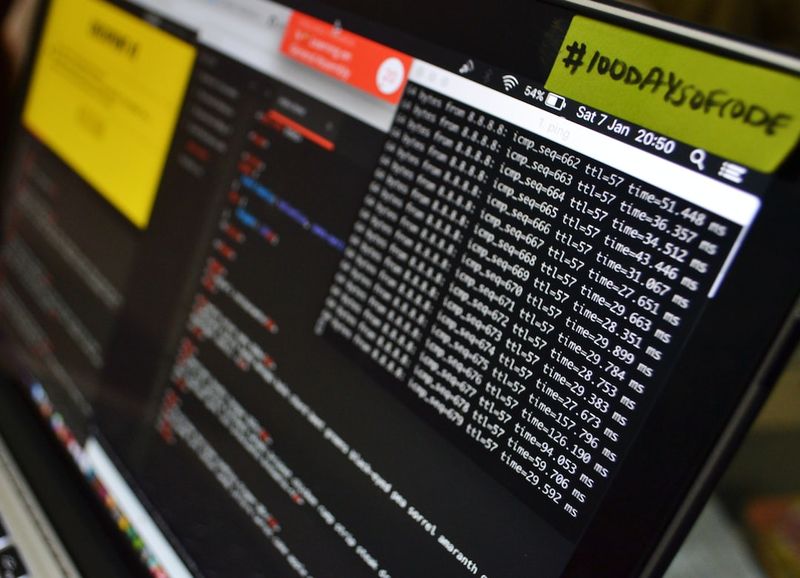Cybercrime Australian Lender Latitude Financial Reports AU$76 Million Cyberattack Costs
The Impact of the Cyberattack
Australian financial services company, Latitude Financial, recently reported that a cyberattack earlier this year has cost the company AU$76 million (roughly US$50 million) in pre-tax costs and provisions. This attack was carried out by a ransomware group and exposed information belonging to approximately 7.9 million individuals in Australia and New Zealand. The compromised information includes contact details, dates of birth, driver’s license and passport numbers, account statements, and income and expense information.
This cyberattack has had a significant negative impact on various aspects of Latitude Financial’s business. In addition to the financial losses, the company has also faced a AU$1 million lawsuit over the data breach. Furthermore, the incident has sparked a debate on whether the Australian government should ban payments to ransomware groups, in an effort to discourage cybercriminals from targeting organizations in the country.
The Importance of Internet Security
The cyberattack on Latitude Financial serves as a reminder of the importance of strong internet security measures. In today’s digital age, companies must remain vigilant and proactive in protecting their systems and customer data. Cybercriminals are constantly evolving their tactics and finding new ways to exploit vulnerabilities.
It is essential for organizations to implement robust security protocols, including regular software and system updates, strong firewalls, and encryption technologies. Additionally, employee training and education on cybersecurity best practices are crucial in preventing phishing and social engineering attacks that can lead to data breaches.
Philosophical Discussion on Ransom Payments
The debate surrounding whether governments should ban payments to ransomware groups raises important ethical and philosophical questions. On one hand, paying a ransom may provide the quickest way to regain access to encrypted data or prevent the public release of sensitive information. However, this also incentivizes cybercriminals, fuelling their activities and encouraging more attacks.
It is crucial to consider the broader societal implications of paying ransoms. By allowing cybercriminals to profit from their illegal activities, we perpetuate a cycle of criminal behavior and fund further attacks. Additionally, there is no guarantee that paying the ransom will result in the safe return of data or prevent future attacks, as cybercriminals may continue to target the organization for further payouts.
Editorial: Taking a Stand Against Cybercrime
The cyberattack on Latitude Financial emphasizes the urgent need for collective action against cybercrime. Governments, organizations, and individuals must work together to strengthen cybersecurity measures and develop strategies to combat this growing threat.
At a governmental level, stricter regulations and penalties should be implemented to deter cybercriminals. International cooperation is also crucial, as cybercrime knows no boundaries, and coordinated efforts are needed to apprehend and prosecute those responsible.
Organizations must prioritize cybersecurity in their operations and invest in advanced technologies and personnel to protect themselves and their customers. Regular security audits and assessments should be conducted to identify vulnerabilities and address them promptly.
Lastly, individuals should remain vigilant and adopt best practices to protect their personal information online. This includes using strong and unique passwords, enabling multi-factor authentication, and being cautious of suspicious emails and links.
Conclusion
The cyberattack on Latitude Financial serves as a stark reminder of the devastating consequences of cybercrime. This incident not only resulted in significant financial losses for the company but also compromised the personal information of millions of individuals.
To effectively combat cybercrime, it is necessary for governments, organizations, and individuals to take a unified stand against these threats. Strong internet security measures, international cooperation, and responsible cybersecurity practices can help mitigate the risks and minimize the impact of cyberattacks. By working together, we can build a safer digital landscape for all.

<< photo by Markus Spiske >>
The image is for illustrative purposes only and does not depict the actual situation.
You might want to read !
- Latitude Financial Reveals Multi-Million Dollar Toll of Cyberattack
- Brazilian Hacker’s Allegations Raise Concerns About Election Security Ahead of 2022 Vote
- Why Visibility Alone Can’t Ensure the Security of Operational Technology Systems
- Foreign Intelligence Agencies Target US Space Industry with Cyberattacks: US Government Issues Warning
- Critical Vulnerabilities in Juniper Switches and Firewalls Enable Remote Code Execution
- Tesla’s Data Breach and the Whistleblower Leak: Unveiling the Vulnerabilities
- “HiatusRAT: The Reemergence of a Cyber Threat with Taiwan Firms and U.S. Military in its Crosshairs”




